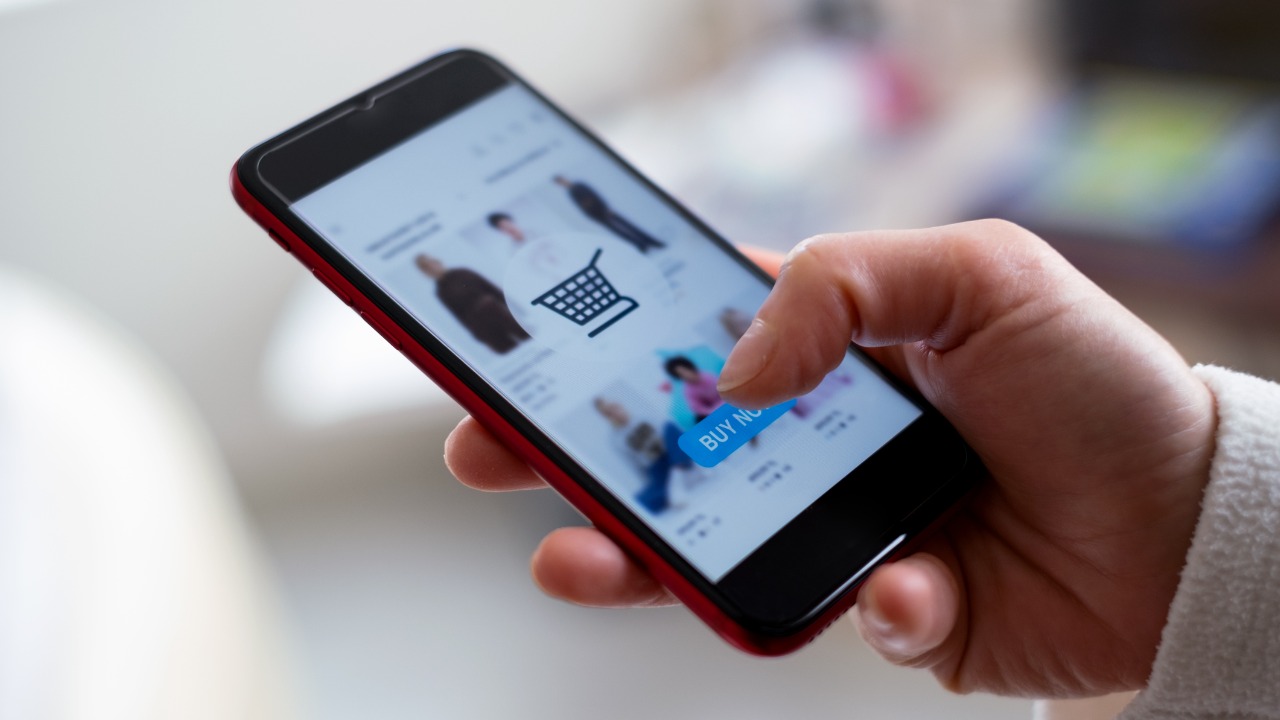Airfare to air fryers. Thai food to tie clips. Memorabilia to memory foam. You can purchase just about anything these days with a buy now, pay later (BNPL) plan. In 2022 alone, consumers in the US bought around $250 billion in goods using BNPLs. The allure of making a small initial payment and splitting the remaining obligation into a series of automatic withdrawals is undeniable. The question remains: Is this a smart way to gain spending flexibility or a tool rife for accumulating bad debt?
If you’re considering a BNPL, take this short quiz to help decide if one makes sense for you. Answer “yes” or “no” for each numbered question.
1. Do you need the item you’re considering purchasing?
When you see that some BNPL plans charge neither interest nor fees, you might ask yourself, How are retailers making money on this? The answer is pretty simple: studies have shown that when BNPLs are available, people spend more money. When queried, consumers even acknowledge this; a recent study revealed 55% of plan users admit to spending money they wouldn’t have otherwise. Additional research uncovered that 45% of BNPL purchases were made outside the scope of consumers’ budgeted expenses.
One of the situations in which a BNPL can make sense is if you have an urgent need for a necessity and have neither the funds readily available nor other options for financing. But with electronics and clothing the items most frequently purchased with BNPLs, it seems there is a lot of temptation to finance some “nice to haves.” Thinking about whether your potential purchase is a need or a want can bring clarity to your decision.
2. Have you completed a budget recently?
If you haven’t analyzed your spending and savings plan recently, a BNPL may not be the best option for you for a few reasons. First, you can’t necessarily be sure you need to finance the purchase without knowing where you stand with your cash flow. You might find that adjusting your budget in a few categories could free up the funds you need. Second, if you utilize a BNPL, you’ll have to make the payments eventually, so you need to make sure you’ve got room for those expenditures in your budget. Committing yourself to any financial plan of action without first having a strong sense of your income and expenses can mean courting serious trouble.
3. Have you considered saving on your own first?
Psychologists point out that BNPLs have so much appeal because the low initial payment tricks us into thinking of it as a small purchase. To counteract this effect, consider stepping away from the transaction and taking a walk or talking with a friend to take your mind off that shiny new item. Then, when you’re ready to consider the purchase again, think about whether you could save up the money first, thus eliminating the risk of late fees, buyer’s remorse, and other negative outcomes.
4. Are you OK with lots of data mining?
Retailers love BNPLs because you’re likely to spend more and because it makes it easier for them to monitor your spending habits. If you get annoyed when websites or apps know more about you than you’d like, consider the effect using a BNPL could have on disseminating your personal shopping habits even more widely.
5. Are you disciplined with your spending?
Data published in 2022 showed that 38% of users of BNPLs turn to them repeatedly. This speaks to the seductive nature of getting what you want without having to shell out all the cash right away. If you make impulsive or emotional shopping choices, being able to acquire an item quickly for just a little money upfront may not be in your best interest. Whereas credit cards and personal loans limit the funds available, BNPLs can lead to large amounts of debt because your number of plans is unrestricted.
6. Do you already have an excellent credit score?
If you’re considering a BNPL because you either don’t have a credit card or don’t want to use one, you could miss out on an opportunity to build your credit score. That’s because most BNPLs don’t report your payment history to the companies that compile your credit reports and scores. That may not seem like a big deal, but not having a solid score could cost you a lot in higher interest rates on huge purchases like a vehicle or home. Or it could mean being turned down altogether.
If you’ve been denied for a credit card, consider starting with a secured credit card or secured loan. While BNPLs are often advertised as “safer” for your credit rating, that isn’t necessarily the case. If something unexpected happens and you’re unable to make payments on a BNPL, the account could go to collections and, in turn, damage your credit significantly.
7. Is your income guaranteed?
With a BNPL essentially locking in future payments, it’s crucial to ensure you have the money in your account at the time of your withdrawals. If your job has variable income or isn’t available 100% of the time, buying now and paying later may mean a greater risk of additional costs due to missed payments.
8. Are your other forms of debt under control?
Are you looking to BNPLs because you’ve maxed out other forms of financing like credit cards or lines of credit? If so, it could be an excellent time to talk with a financial coach or counselor about alternatives to extending your debt obligations.
9. Have you shopped around?
The sheer speed of acquisition provided by buy now, pay later will always be exciting. But, unfortunately, that can make BNPLs problematic because of unwise spending choices but also because, in your haste, you might be missing out on better deals elsewhere. So if you really need an item, it stands to reason that it’s worth taking the time to research the best deal, whether with a company that offers BNPL payments or not.
10. Are you highly organized?
BNPLs come with a set schedule of payments, which means coordinating withdrawals with the ups and downs of your cash flow. Having multiple BNPLs—as many people do—can add a lot of extra work to managing your money. For example, if you forget even one payment date, you might suddenly be looking at hefty late fees or interest payments you hadn’t counted on.
Though this was a quiz, there was no passing or failing score. Nor is there a recommendation for what you “have to do.” Instead, this exercise was designed to spur some thoughts about whether or not a BNPL makes sense for you. If you had a lot of “no” answers, it might be a good idea to proceed with caution when it comes to BNPL offers. Save now, buy later may not be as exhilarating, but it can mean less financial pain in the long run.
The blog post above was shared from BALANCE. For more information and similar resources, click here .





